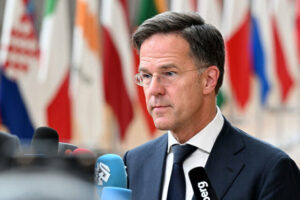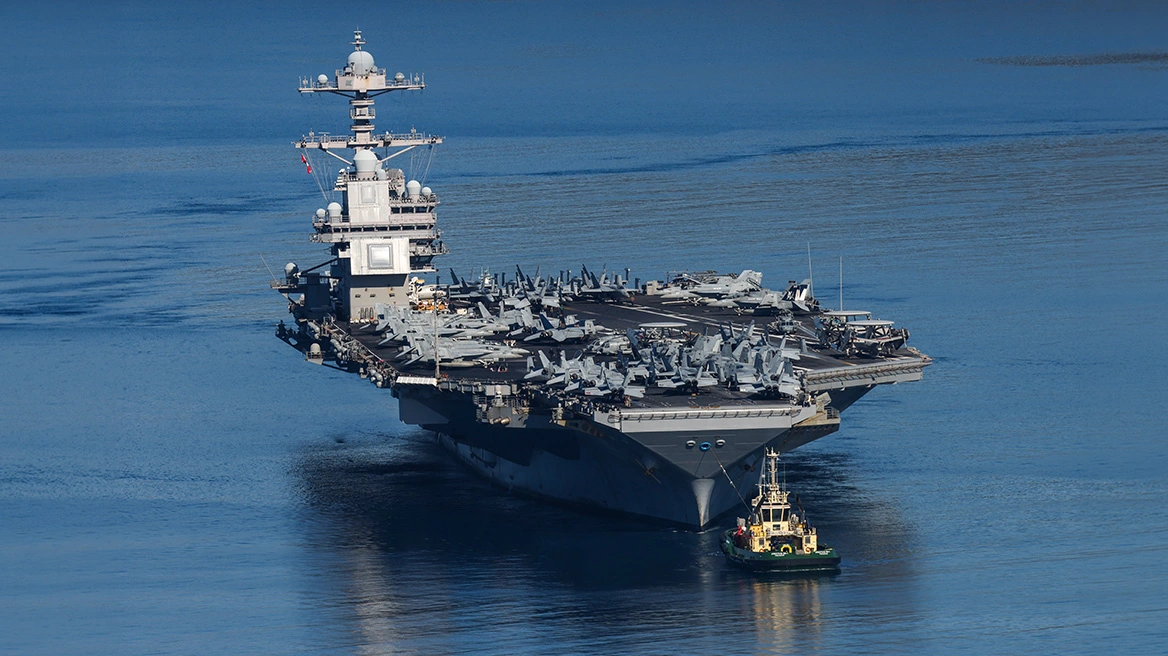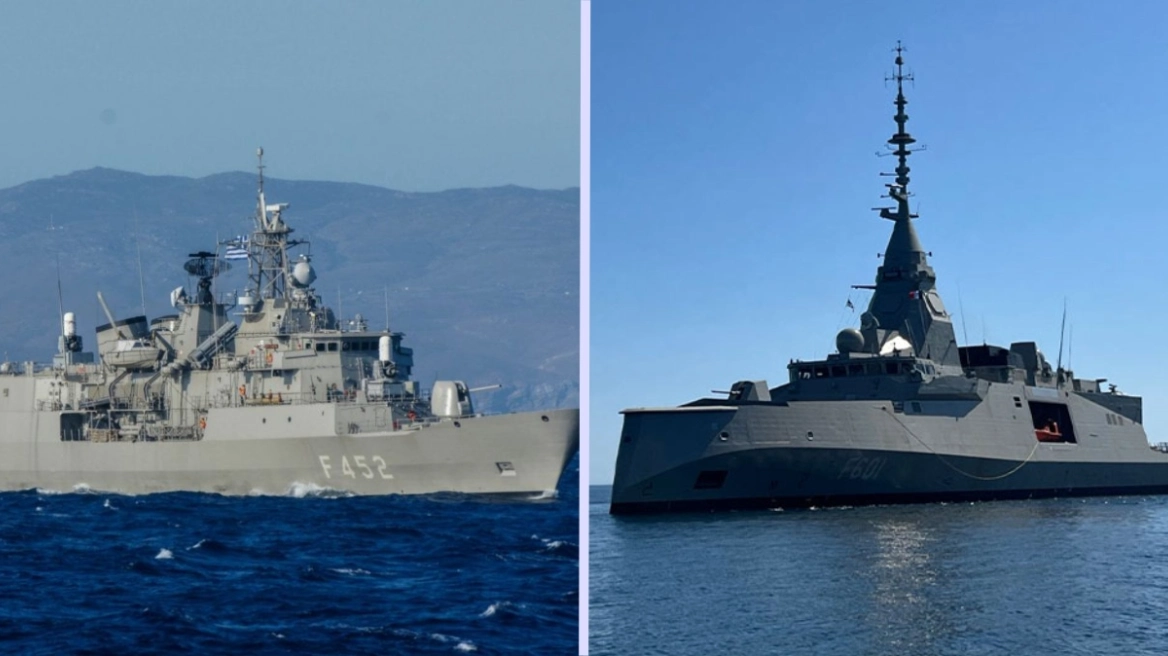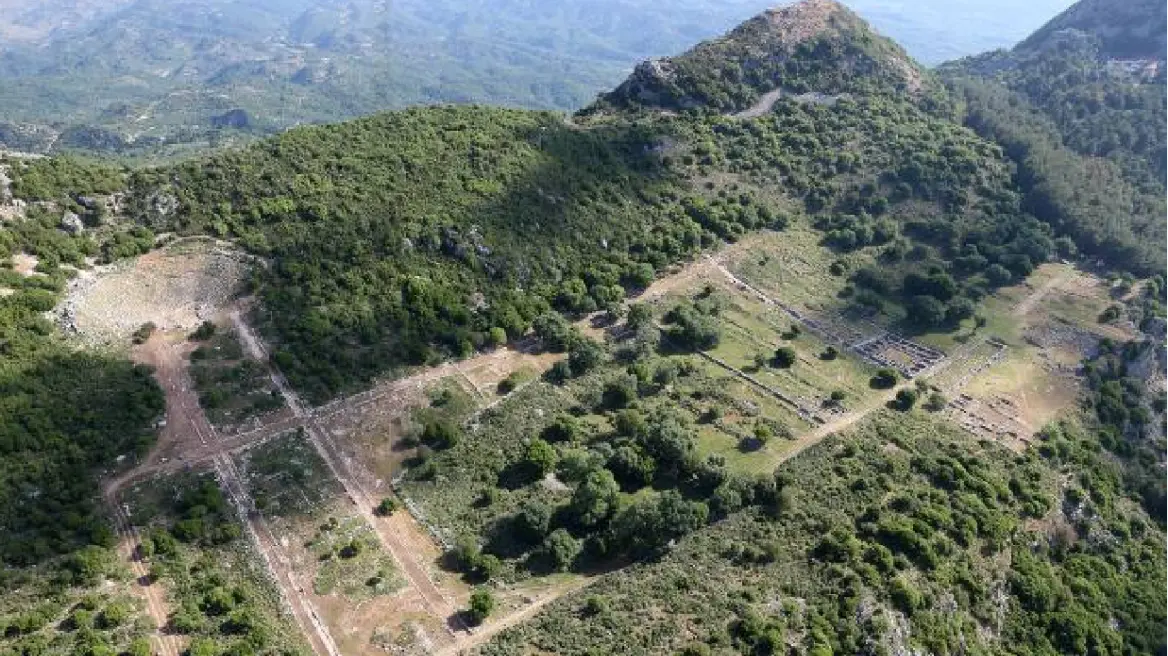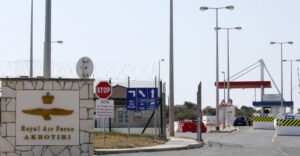Europe urgently needs to wake up from its slumber and spend “much more” on its defence, NATO chief Mark Rutte warned today, saying it is unprepared for the threat of war with Russia.
“We are not ready for what is coming our way in four or five years,” the NATO secretary general said, adding: “It is time to shift to a wartime mentality and increase our defence production and defence spending.”
In his solemn speech, Rutte appealed for public support and a sense of sacrifice to “prevent the next great war on NATO soil.”
This solemn appeal by the head of the Atlantic Alliance comes at a moment when Ukrainian forces are retreating on the battlefield in the face of the larger and better-equipped Russian army. The war in Ukraine causes “more than 10,000 deaths and injuries on both sides every week,” he added.
“The danger is approaching us at high speed,” the NATO secretary general warned, referring to the Russian threat on the European continent.
“What is happening in Ukraine can happen here,” the former Dutch prime minister insisted, and even if, he added, there is no immediate military threat against NATO, that does not prevent Russia from preparing for “a long-term confrontation with Ukraine and with us,” the 32 NATO countries.
“The Russian economy is in a state of war,” while in Europe, states are reluctant to spend more to increase their defense capabilities, he added.
And in addition to Russia, China, Iran, and North Korea are “working hard to weaken North America and Europe,” the NATO secretary general said. “We must be clear about China’s ambitions when it significantly increases its forces, including its nuclear weapons, without limits and with opacity,” he warned.
In a world where “the security situation is the worst in my lifetime,” “we are not where we should be,” the Atlantic Alliance chief said.
Europe’s defence industry is “too small, too slow, and too fragmented”, he explained, calling on governments, industry, and the public to take a leap of faith.
NATO countries are spending “far less” on defence than they did during the Cold War when they devoted more than 3% of their gross domestic product to defence.
In 2023, the Allies have decided to increase their military spending to 2% of GDP. But only 23 of them have reached that threshold. “I can tell you that we will need much more than 2 percent,” Rutte said.
Some NATO countries talk about the need to raise that limit to 3%, but they remain divided and no decision has yet been made.
Each additional unit of GDP represents about 200 billion extra for EU countries, 23 of which are also NATO members, according to new European Defence Commissioner Andrews Kubilius.
This effort comes at a cost, which involves sacrifice, the NATO secretary general explained. “Today, I appeal for your support,” he said. “I know that spending more on defense means spending less on other priorities, but it is only a little less,” he said, suggesting that “a small part” of social spending be used to achieve this.
“To protect our freedom (…) your politicians must listen to you,” he said. “Tell them that you are willing to make sacrifices today so that we remain safe tomorrow.”
“Tell them that they must spend more on defense so that we can continue to live in peace.”
“If we don’t spend more than the community now to prevent war, we will pay a much, much, much higher price later by going to war,” the NATO secretary general concluded.
Ask me anything
Explore related questions
